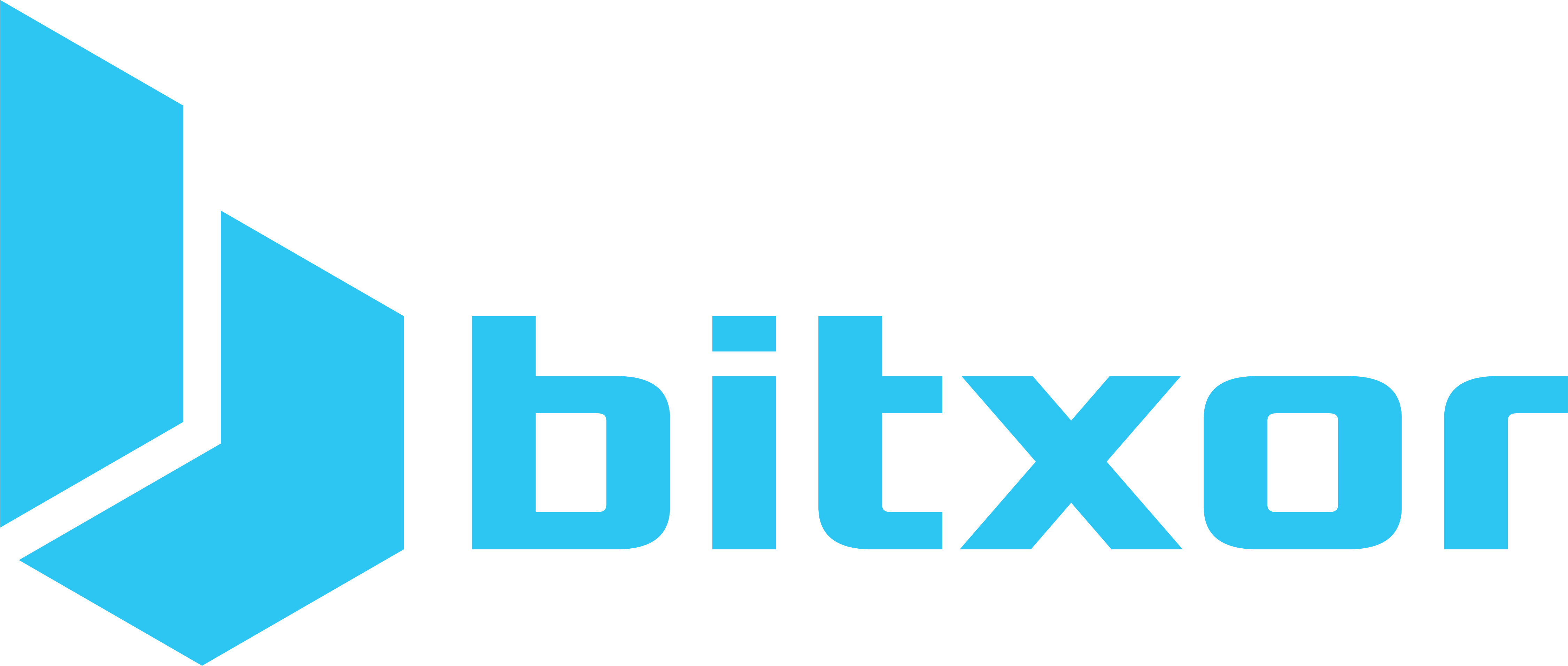One of the main benefits of blockchain for nonprofits (NGOs) is that it allows them to track a donation every step of the way, from donor to recipient, and record every action and intermediary along the way.
To understand the benefits of this process, it is first necessary to tell you that the tokenization of companies or organizations is a process by which a digital asset is created on a blockchain, which represents a company and allows it to be divided into many parts. This is achieved through the use of smart contracts on the blockchain, and has several advantages, such as greater liquidity in the market, facilitation of the process of selling the company, and the possibility of investment in an organization by hundreds or thousands of people, among others. In addition, the traditional system of selling companies can be more difficult and time-consuming, while tokenizing facilitates the process and allows to get liquidity in a much faster way.

Tokenization can be performed on specialized platforms based on blockchain technology, through smart contracts on the blockchain. Bitxor Blockchain, through its electronic wallet Bitxor Wallet, allows you to create tokens easily, quickly and without the need to know programming code. In addition, the team advises you from the technical, financial and marketing points of view.
Advantages for an NGO
NGOs can benefit from the tokenization of their assets. This allows them to convert their physical assets, such as property or tangible goods, into digital tokens, which can then be traded on digital marketplaces, generating revenue for NGOs. In addition, tokenization can also help increase financial inclusion in the social sector, as tokens can be transacted between users without the need for intermediaries, reducing the cost and requirements for accessing financial markets. In addition, under the figure of smart contracts it allows the determination of specific conditional milestones to be reached before funds are disbursed.
In addition, the style and form of donating has been changing in recent years, with micro-donations gaining importance, allowing anyone from anywhere in the world to donate easily, using the tokenization of regulated electronic money, which allows people to donate through their bank account, by transfer, by card with any current online payment system or even with cryptocurrencies.

An example of tokenization for NGOs is Alice a platform that incentivizes social organizations to execute projects transparently, ensuring that they get paid more when they reach their goals. All donations are held in smart contracts and are only disbursed once milestones are reached and verified. Donors can track their
can track their donations, and the performance of each project is publicly available, making it easier to identify and support more effective projects.
Let’s do a hypothetical exercise
N Foundation, which aims to help children with school insertion difficulties, has embarked on the tokenization path by issuing two digital assets, an investment one that we will call FUND1 and a utility one called FUND2.
FUND1 (investment), with a stipulated price of one dollar, has listed on cryptocurrency markets and has begun to appreciate in value as it allows many smaller investors aligned with the cause around the world to support the Foundation by investing in this asset, which is backed by its solid social project, its community and the organizations that support it.
In turn, FUND2, with an exit price of ten cents on the dollar, allocates it to reward and incentivize its volunteers, who receive tokens for their work in the Foundation’s social works and programs to help children in the communities. Volunteers can exchange their tokens for products and services at various businesses and other organizations that support the foundation and are members of the program, and even purchase the FUND1 token at a preferential rate.
For their part, the beneficiary families also receive tokens with which they can pay for psychopedagogical and psychological consultations required by their children. In addition, the foundation has made an agreement with a chain of stores whose points program includes the FUND1 token, so that its thousands of members can exchange their points for tokens and thus help to finance it. This otherwise general example can help you understand how tokenization works and how it can address your critical areas of funding, transparency and volunteer support.

The main benefits of blockchain technology are transparency, security and traceability of transactions.
Billions of dollars of aid are donated annually to developing countries. Ensuring the effective transfer and use of funds is a key challenge for international charities and aid organizations, as well as governments. Up to 10% of funds can be lost in transaction fees and fluctuating exchange rates, not to mention the potential loss through intermediaries and corruption. These inefficiencies, combined with a lack of transparency, increase the risk of misuse of funds and perpetuate a lack of trust in accountable organizations.
Blockchain has the potential to improve the functioning of NGOs and break down the main barrier these institutions face today: donors’ distrust about the destination of their donations. This barrier can be broken down thanks to this technology, since it makes it possible to track the path of the money at all times with total transparency. This is the new Web 3.0 dimension that blockchain offers through tokenization, a path that is not easy but that undoubtedly opens up great opportunities for NGOs.
*Drawn primarily from the report BLOCKCHAIN FOR SOCIAL IMPACT MOVING BEYOND THE HYPE, Stanford Business, Center For Social Innovation.

